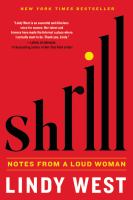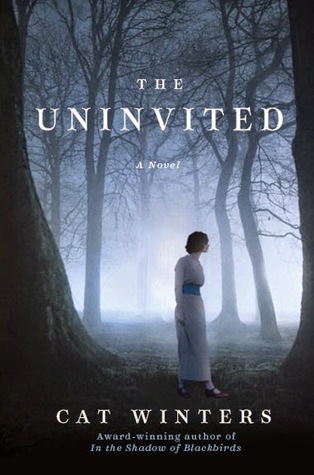"Here is my impression of a play: Okay, so first you gotta imagine it's a hotel room, right? Just a normal, boring-looking hotel room, on the nice end of things, as far as hotel rooms go. And the audience is coming in, and they're taking their seats in this dinky little theater in lower Manhattan, barely bigger than a Winnebago, this theater, with seats that feel like someone just glued down some thin fabric over a block of hard metal. The main thing of a theater--like the whole point of it--is that there's going to be a lot of sitting in it, so you'd think they would at least consider investing in some comfortable chairs. Word to the wise: if they can't even get that part right, which absolutely most of the time they cannot, then buckle the fuck up, because I can tell you right now you are in for an ordeal of an evening."
I would like to recommend this book to you, friends. Someone Who Will Love You in All Your Damaged Glory by Raphael Bob-Waksberg.
This collection of stories about relationships is absurd and hilarious and live up to their titles. Some of the short stories in this collection include: Missed Connection-M4W, The Serial Monogamist's Guide to Important New York City Landmarks, Lunch with the Person Who Dumped You, and Rufus, which is about a relationship from the point of the dog. And of course, You Want to Know What Plays Are Like. DON'T MISS.
I would like to recommend this book to you, friends. Someone Who Will Love You in All Your Damaged Glory by Raphael Bob-Waksberg.
This collection of stories about relationships is absurd and hilarious and live up to their titles. Some of the short stories in this collection include: Missed Connection-M4W, The Serial Monogamist's Guide to Important New York City Landmarks, Lunch with the Person Who Dumped You, and Rufus, which is about a relationship from the point of the dog. And of course, You Want to Know What Plays Are Like. DON'T MISS.












